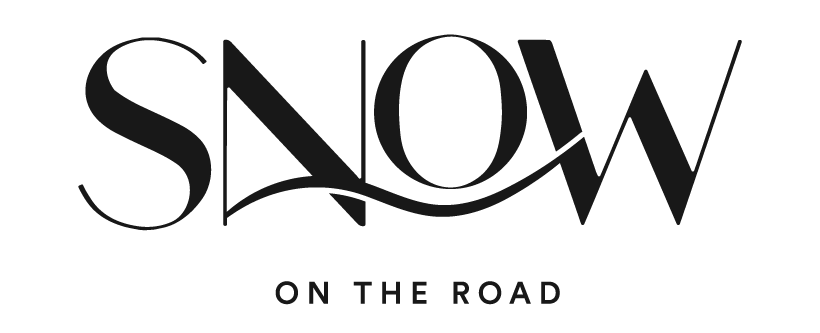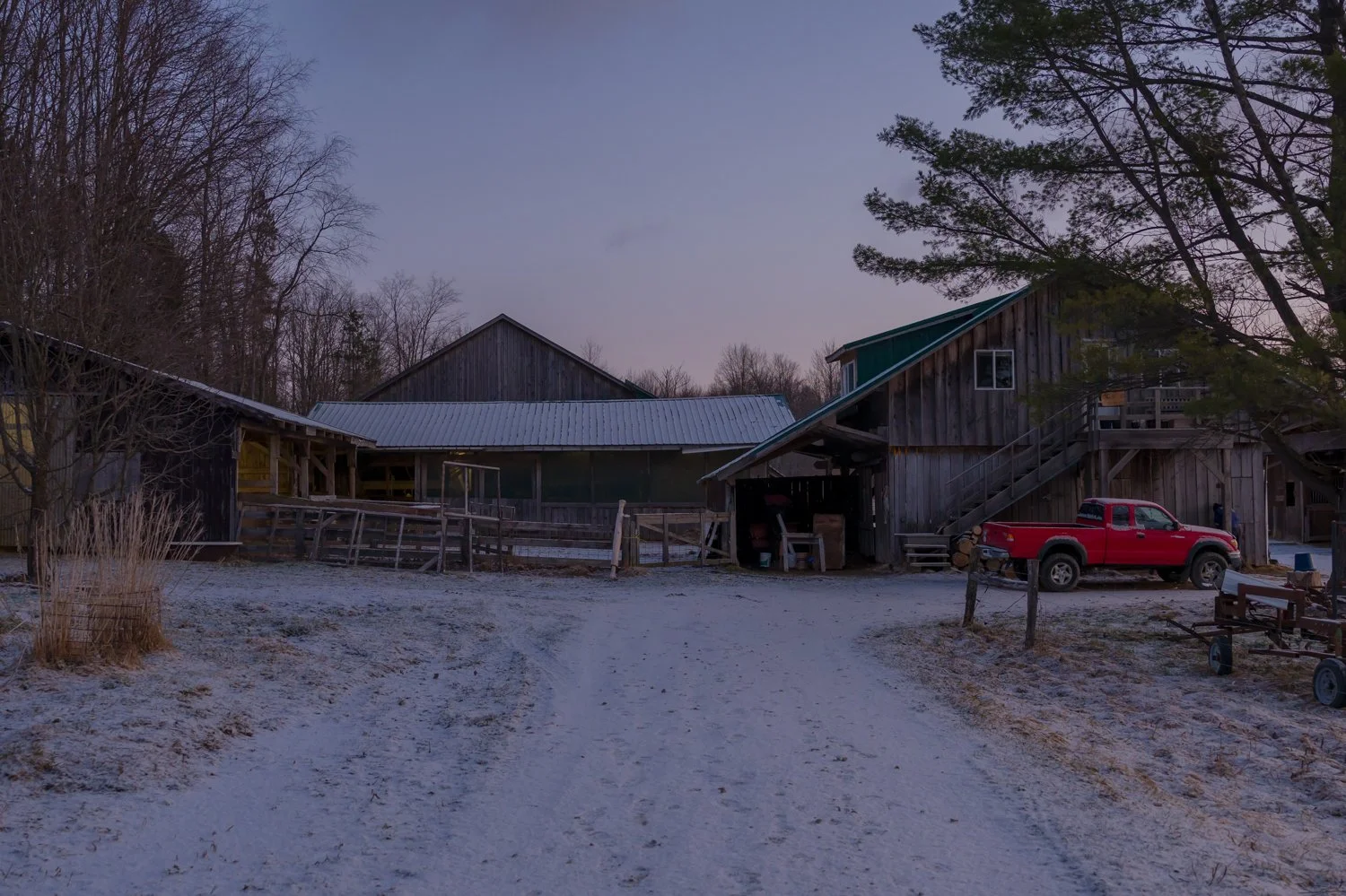The rise of Modern Draft Animal Power in America
The modern process of growing food has evolved in the last hundred years. While technology has enabled rapid scaling of food production, it has also led to a decline in food quality and distanced producers from the land and damages the land.
But an ever-growing number of small-scale, sustainable farmers across North America are turning to animal traction to rebuild their connection to nature and heal their land by working with draft animals.
Draft animals (oxen, draft horses, mules and donkeys) provide clean, renewable energy, and their value increases with training. They enhance soil health and land efficiency, while supporting biodiversity. Community is essential to safe utilization of draft power. But the primary motivation for most teamsters is the symbiotic relationship of working the land; stepping into the human-animal partnership which requires one to be present and aware.
My ongoing personal project focuses on teamsters—professionals who work with draft animals in agriculture and silviculture. Illustrating the choice to use animal power for environmental, ethical, social and personal reasons, the community and lifestyle which this entails.
Northland Sheep Farm is a mixed use farm, owned by Donn Hewes and Maryrose Livingston in Marathon New York.
Becky Frye milks the Randall Lineback Cow, Daisy. Randall Lineback's can be used as oxen, although typically this is done with the males.
Tony is dear to his owner so, unusually his cattle ear tag has his name, versus a basic stock number required by the government.
A young woman stands with her weanling ox, which she bought newborn and bottle fed to create the bond necessary for working with such a massive animal.
At Draft Power Days community members of DAPNET, the Draft Animal Power Network whose membership spans North America and Canada, come together to teach and learn draft animal skills at all levels. This is essential to staying safe and working their land. Volunteer teachers bring their animals and teach attendees. It is also a great opportunity for community members to catch up for a weekend every year.
Professional horse loggers train would be horse loggers at the Draft Animal Power Days in Montgomery NY, September 2024 on selecting, felling, hitching, dragging and even using a sawmill.
Michael Glos brings one of his Cultivators to Donn Hewes Northland Sheep Farm for the Cultivator Workshop.
Becky Frye, Julia Ramsey, Maggie Smith, Michael Glos and Donn Hewes examine each Cultivator brought to Northland Sheep Farm for the workshop and assist each other in the task of repairing the hundred year old machines.
Becky Frye and Maggie Smith salvage parts from a cultivator with bent wheels to repair their own machinery. Both will use them on their farms with their draft horses.
Horse drawn cultivators largely went out of use in farming with the advent of the modern tractors. But they have been coming back into use since the 1980's because of the lower cost, less damage to the land and better way of life.
Maggie and Donn put in the hard work of removing broken parts and adding replacement parts.
Becky Frye, owner of Horsetail Herb Farm, is one of Donn's current apprentices. Similar to conventional farming, but perhaps more so, modern draft farming can be dangerous so apprenticeships are the best way to go.
The learning curve for working with draft animals is steep without teachers like Erika Marczak, Zosha's owner, and Ted Russell who are two of the volunteer educators at Draft Power Days, in Montgomery NY. They help Everett, one of the youngest students of the weekend.
Under Ted Russell's guidance, young Everett and Zosha the filly, navigate the obstacle course which shows that the horse and teamster are working in sync and able to safely navigate stops, turns, backing up, and other necessities around the farm.
Dana learns to work with draft animals at Anam Cara Farm, in Maine, in spite of having no prior experience with farm animals. Unlike industrial agriculture, a significant percentage of modern draft practitioners are women, who are stepping into leadership roles.
Dana out on the road working with Shire Tommy in her harness driving skills class.
Donn Hewes watches to see if Ladybird can settle in with his herd of Suffolk Punches. Boss mare, Duchess, does not take kindly to an outside mare and tries to run her off.
Donn Hewes brings Ladybird down from the field to breed with Red, his Suffolk Stallion.
Ladybird and Red are hand bred, meaning the people oversee it, for more safety and control. Red is Donn’s shire Stallion, who he breeds with his own mares and other mares as a part of the many businesses it takes to make a living on a small farm.




















